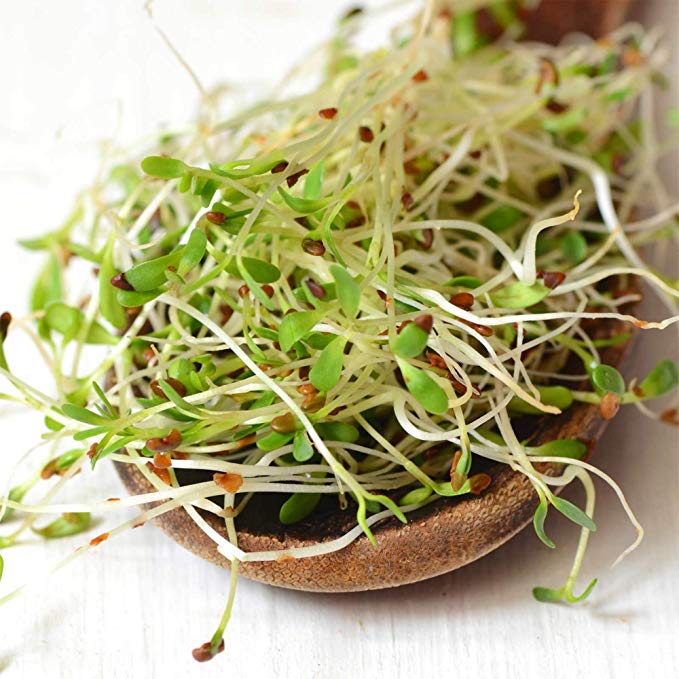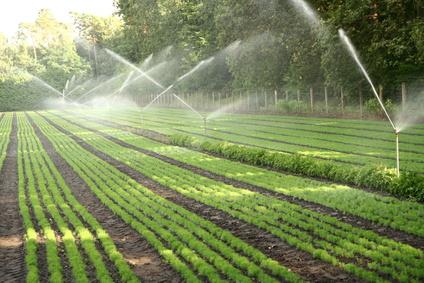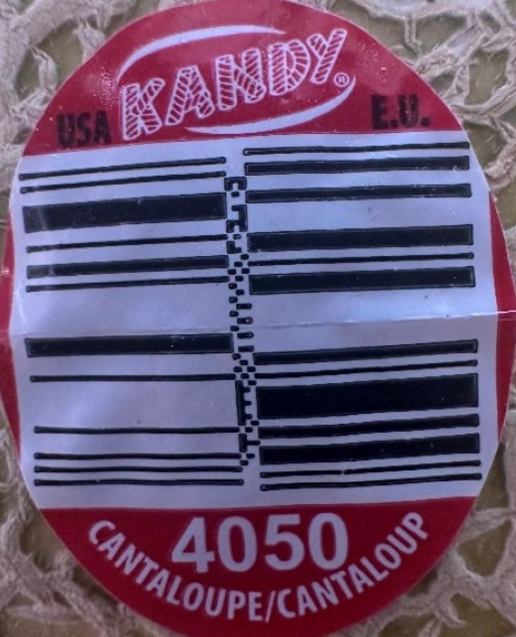The new Rule establishes requirements addressing common routes of microbial contamination, including agricultural water; biological soil amendments of animal origin; worker health and hygiene; equipment, tools, buildings, and sanitation; and domesticated and wild animals. Sprouts represent a distinct food safety concern. Between 1996 and 2020 in the United States, the FDA observed 52 reported outbreaks of foodborne illness associated with sprouts. The outbreaks resulted in at least 2700 cases of illness, 200 hospitalizations, and three deaths. Because the distinctive practices and conditions for growing sprouts present unique risks, the FDA established sprout-specific requirements in Subpart M (Sprouts) of the Produce Safety Rule. Sprout operations are subject to the Produce Safety Rule. The guidance also briefly discusses certain requirements (in Subparts E and O of the Rule relating to Agricultural Water and Records) of particular relevance to a sprout operation. Some of the material in this guidance relates to regulatory requirements of the Produce Safety Rule that are also covered in the draft “Standards for the Growing, Harvesting, Packing, and Holding of Produce for Human Consumption: Guidance for Industry.” The final guidance focuses specifically on insights drawn from the FDA’s experience with sprout operations, such as from inspections and sprout-associated foodborne illness outbreak investigations, and elaborates on how the broader records and cleaning and sanitizing standards in part 112 could apply to and be implemented in a sprout operation. @ https://www.fda.gov/regulatory-information/search-fda-guidance-documents/guidance-industry-standards-growing-harvesting-packing-and-holding-sprouts-human-consumption#:~:text=FDA%20has%20also%20issued%20the,address%20chemical%20or%20physical%20hazards.
ruth
This guidance is intended for those persons (“you”) who grow, harvest, pack and/or hold sprouts covered by Subpart M of our final rule.
ruth
The FDA published two guidance documents that outline recommendations for how sprout operations may comply with the Produce Safety Rule. The first is guidance (Guidance for Industry: Standards for the Growing, Harvesting, Packing, and Holding of Sprouts for Human Consumption) that updates and finalizes the following sections of the January 2017 Draft Guidance entitled Compliance with and Recommendations for Implementation of the Standards for the Growing, Harvesting, Packing, and Holding of Produce for Human Consumption for Sprout Operations. The second guidance re-issues certain sections of the January 2017 draft and issues one new section for sprout operations as revised draft guidance. The revised sections are better aligned with other guidelines, incorporate additional information and comments from the agency, and better consolidate and organize information within the guidance. The revised draft guidance is available for comment.@ https://www.fda.gov/food/cfsan-constituent-updates/fda-finalizes-draft-guidance-sprout-operations-under-produce-safety-rule-releases-certain-sections?utm_medium=email&utm_source=govdelivery
FDA released two guidance documents that outline recommendations for how sprout operations may comply with the Produce Safety Rule.
ruth
The City of Calgary reported charging the shared kitchen used by several daycares experiencing an E. coli outbreak for operating without the proper license. The Shiga toxin-producing E. coli outbreak resulted in 351 lab-confirmed cases and 37 secondary cases. Dr. Joffe, Alberta’s Chief Medical Officer of Health, said that investigators believe that meatloaf and vegan loaf meals served for lunch on Aug. 29 most likely contained the E. coli that led to the infections. The items could not be tested because they were either eaten or discarded before this outbreak was identified. @ https://www.cbc.ca/news/canada/calgary/smith-calgary-e-coli-outbreak-update-1.6979566
The City of Calgary said Wednesday it has laid charges against a shared kitchen — used by several daycares experiencing an E. coli outbreak — for operating without the proper licence.
ruth
The FDA reported that Eagle Produce LLC Scottsdale, AZ, initiated a voluntary recall of 6,456 cases of whole cantaloupe with the potential to be contaminated with Salmonella following a test conducted on cantaloupe in a distribution center by the FDA. The products were distributed between September 5th -16th in California, Illinois, Indiana, Iowa, Kentucky, Louisiana, Maryland, Michigan, Minnesota, Missouri, North Carolina, North Dakota, Ohio, South Dakota, Tennessee, Texas, Virginia, West Virginia, Wisconsin and Washington D.C. and sold in various retail supermarkets. There have been no reported illnesses attributed to the recalled items as of September 27th, 2023 @ https://www.fda.gov/safety/recalls-market-withdrawals-safety-alerts/eagle-produce-llc-recalls-whole-cantaloupe-because-possible-health-risk#:~:text=Company%20Announcement,-All%20News%20Sources&text=Eagle%20Produce%20LLC%20Scottsdale%2C%20AZ,distribution%20center%20by%20the%20FDA
Eagle Produce LLC Scottsdale, AZ is initiating a voluntary recall of 6,456 cases of whole cantaloupe with the potential to be contaminated with Salmonella following a test conducted on cantaloupe in a distribution center by the FDA. Salmonella is an organism which can cause serious and sometimes fat




